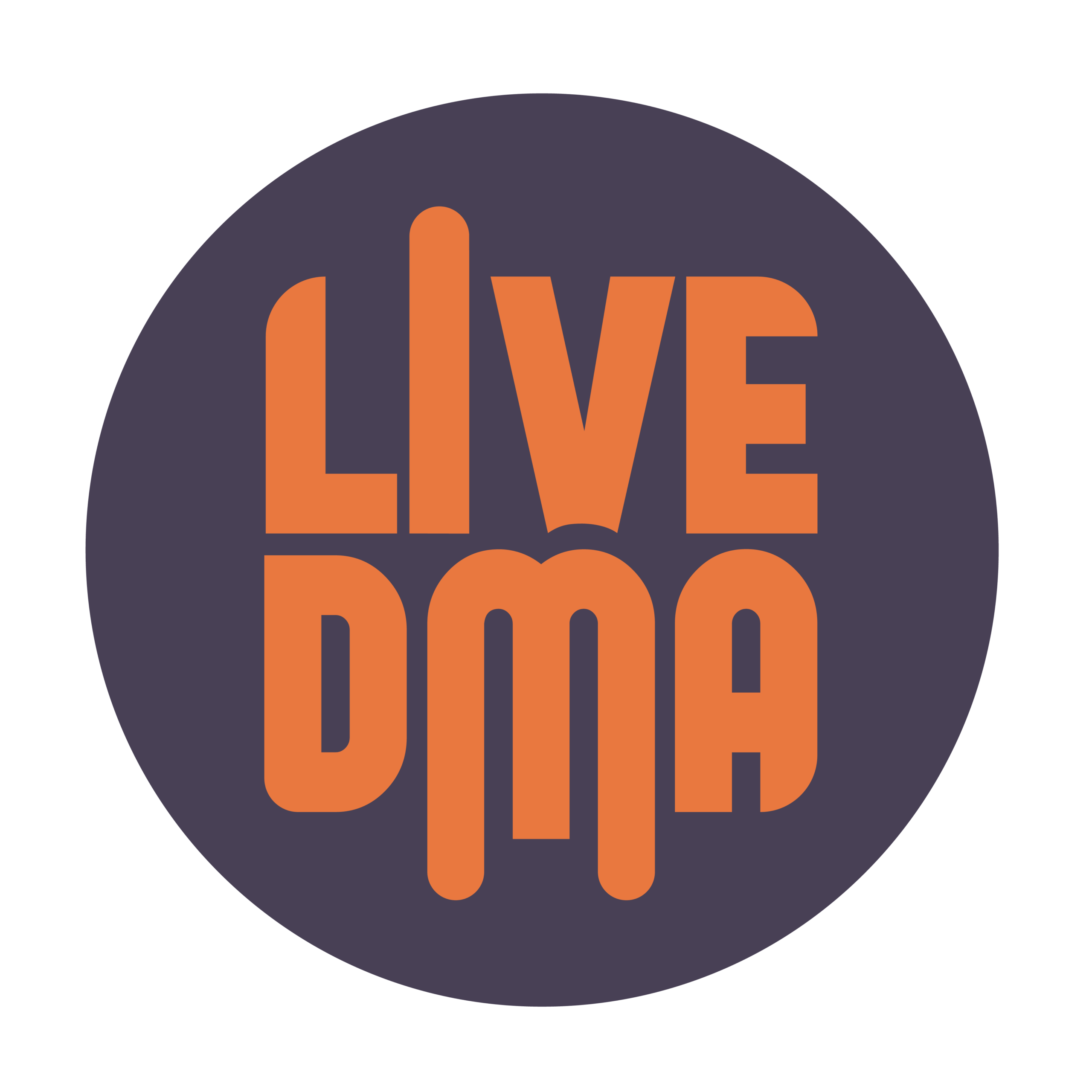2022
The WHO released its Global Standard for safe listening at venues & events.






The Global Standard acknowledge the necessity of a collaborative engagement of stakeholders with policy makers and insists on a support to venues and special attention to grassroots venues.
The Global Standard also encourage the use of certifications and public awareness campaigns to be developped in cooperation with representatives from the sector.
As for the next steps following this publication, Live DMA introduced the Global Standard during its Annual members meeting 2022, and created a task force (Live DMA members’ exchange) to follow-up the implementation of such Global Standard at national level and updates in sound regulations, and regular panels to continue the collaboration between live music representatives, specialised companies and academics in sound monitoring (acousticians, sound engineers, etc) and policy makers.
2020
18th/19th February in Geneva: Invitation to participate in the WHO consultation to prepare a Global Standard for safe listening at music venues and events.
Based on the WHO draft, Live DMA main arguments were to:
- Address the national authorities’ role and responsibility in the implementation of safe listening guidelines, in terms of funding opportunities and access to training and technologies.
- Cover the challenges related to freedom of arts and the fact that restrictive sound regulations might endanger some music genres.
- Include special attention the voluntarily-based organisations, not to complicate and create barriers to younger generations’ engagement in cultural events.
- Include information about the costing of the measures and recommendations.
- Give more flexibility in the sound-limit levels for small live music venues
- Delete sound limitators (for the peaks) at live music events
- Delete suggestions which interfere with the artistic production of an event (first acts, electronic drums etc.
In a broader scope, Live DMA advocated to:
- Defend all music aestethics and diversity
- Share responsabilities between hosting venues, live music organisers, artists and their staff, and public authorities.
- Raise compliance difficulties for small & medium sized venues or organisations
- Provide support to stakeholders for implementation
2019
Live DMA members form a working group, and release a White Paper « Music is not Noise »
”Policy makers and the live music sector need to collaborate as equal partners in order to produce good live music policies and shouldset up formal and informal platforms to enable this exchange.
“Moreover, music is not only leisure or entertainment. Music is a cultural activity and is imbued with meaning. Music is understood to be a social construct, and its associated activities and rituals, including dance and storytelling, have greater value than leisure alone.”
Other resources came out from this Working Group, such as the article on Sound Regulations in Europe.
2018
The WHO releases the Environmental Noise Guidelines for the European region
“The main purpose of these guidelines is to provide recommendations for protecting human health from exposure to environmental noise originating from various sources: transportation (road traffic, railway and aircraft) noise, wind turbine noise and leisure noise. Leisure noise in this context refers to all noise sources that people are exposed to due to leisure activities, such as attending nightclubs, pubs, fitness classes, live sporting events, concerts or live music venues and listening to loud music through personal listening devices.”
The WHO recommendations are released at international level to provide advise and guidance for health ministries at national level.

Extract from the Environmental Noise Guidelines for the European region
